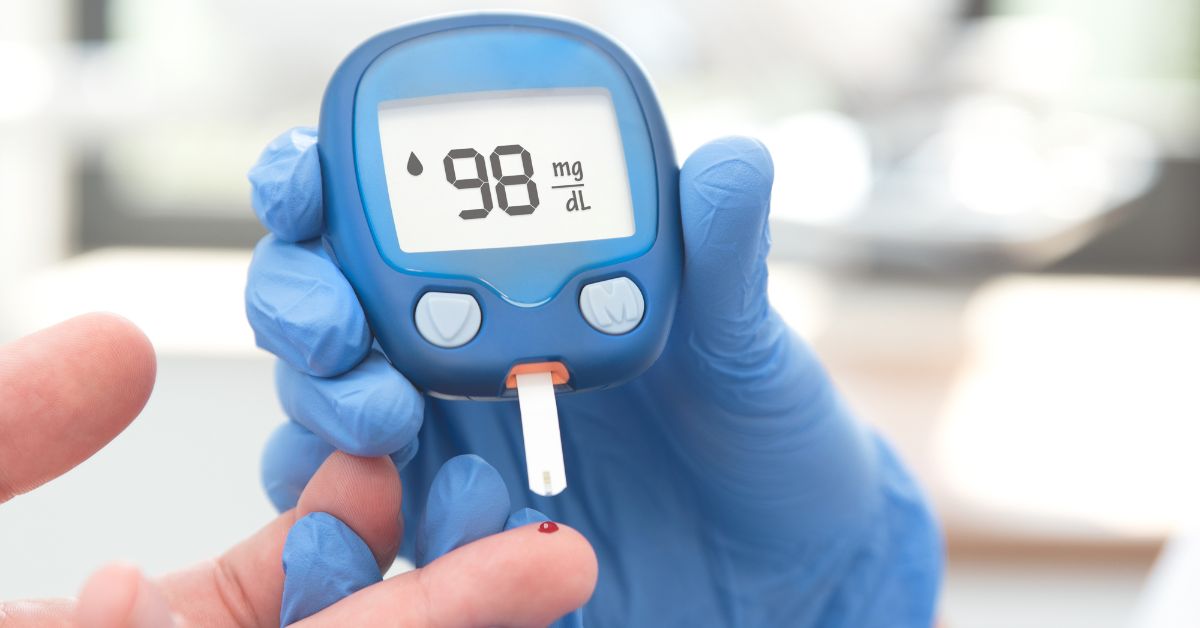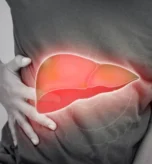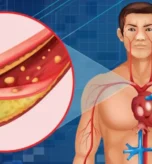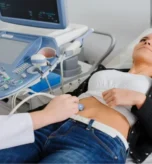
Diabetes is a chronic condition affecting millions of people worldwide, and arriving at an early diagnosis is the key to achieving better control. In cities such as Hyderabad, awareness and the availability of diagnostic services have grown, allowing people to track their well-being. Diabetes blood tests of every type that are available can be used for regular checkups or when concerned about symptoms of high or low blood sugar. Each test provides clinicians with critical information about how well your body is managing glucose so that they may make informed choices about your intervention or prevention.
Knowing about the various types of blood sugar tests and what information they provide can enable you to take charge of your well-being if searching for a Diabetes Test in Hyderabad.
1. Fasting Blood Sugar (FBS) Test
An extremely common test recommended early on is the HZT FBS Test, normally used as the first step in diagnosing diabetes. It measures the glucose levels in the blood after having fasted overnight for 8- 12 hours.
What It Tells You:
The FBS test tells how your body controls blood sugar when no food has been taken. A blood sugar level of below 100 mg/dL is usually considered normal. Any reading between 100 and 125 mg/dL indicates prediabetes, while anything above 126 mg/dL taken twice in one day confirms the presence of diabetes.
This FBS Test in Hyderabad hospitals and diagnostic centers, for the ease and usefulness it brings along with it.
2. Postprandial Blood Sugar Test (PPBS)
This Prandial Blood Sugar Test measures blood glucose two hours after eating. It helps to see how your body deals with the sugar load.
What It Reveals:
The PPBS test is useful to determine the efficacy of insulin postprandially. Blood sugar levels in an average person should come down to a normal level within two hours after a meal. If high levels do persist, the person may be either insulin resistant or diabetic.
The fasting and postprandial tests together give an idea of how well the patient’s glucose is controlled.
3. Random Blood-Sugar Test
Random Blood Sugar Tests are most commonly taken alongside Blood Sugar Tests in Hyderabad, especially in emergencies or for the very first time.
What It Tells You:
RBS for exercise, such as glucose, may be taken any time of the day, hourly or not. Its main purpose is to detect abnormal values for screening purposes. If the value is above 200 mg/dL and the person has symptoms such as increased urination, tiredness, and blurred vision, then further testing is conducted.
Owing to the ease of doing this test, RBS has been widely used in Hyderabad’s outpatient clinics and health camps.
4. HbA1c Test (Glycated Hemoglobin Test)
The test tells your blood glucose average for the past 2 to 3 months. It is an essential test moderating the diagnosis of diabetes.
What It Tells You:
The level of HbA1c refers to how much glucose has bonded with haemoglobin in red blood cells over time. In healthy persons, it is less than 5.7%; in the case of prediabetes, it varies from 5.7% and 6.4%; and in the case of full-blown diabetes, it is 6.5% and above.
Perfectly suited for long-term checking, it is widely utilised at clinics for diabetic care in Hyderabad.
5. Oral Glucose Tolerance Test (OGTT)
Used commonly when testing for gestational diabetes or when there is doubt after other tests have been done.
What It Tells You:
The body’s capability to handle glucose is measured over time. Fasting blood sugar is followed by drinking a glucose-rich drink and then testing further blood sugar at some intervals (typically 1 hour and 2 hours). If the blood sugar rises beyond 200 mg/dL in 2 hours, it automatically becomes an indicator for diabetes.
This test can be recommended for special diagnostic laboratories providing Sugar Test in Hyderabad, especially for pregnant women and those who are at high risk.
6. C-Peptide Test
Though it isn’t so often ordered, this test helps distinguish Type 1 diabetes from Type 2 diabetes via the assessment of insulin production in the body.
What It Tells You:
Low C-peptide levels will usually indicate Type 1 diabetes, in which insulin production is greatly diminished. Levels that are normal or high mean that insulin is present but is not working properly, as is the case in Type 2 diabetes.
Endocrinologists in Hyderabad will draw upon this test to develop a treatment regimen for their patients.
Why Getting a Diabetes Test in Hyderabad is Easier Than Ever
Hyderabad has witnessed tremendous growth in hi-tech diagnostic centers and low-cost testing facilities. Whether going to a private hospital or a government center, getting a good Diabetes Test in Hyderabad has become easier and more accessible.
These laboratories also provide home collection facilities, enabling individuals to have an FBS Test in Hyderabad or any other Blood Sugar Test in Hyderabad without physically going to a clinic. This has driven frequent monitoring and improved diabetes control in the area.
Conclusion
Understanding the different diabetes blood tests is the key to early detection, effective treatment, and good long-term control. From the simple Sugar Test in Hyderabad to sophisticated monitoring such as the HbA1c and OGTT, each test has a specific function to identify and monitor diabetes.
If you’re at risk or already managing the condition, consult your healthcare provider about which test is most suitable for you. Regular testing not only provides insights into your current health but also guides lifestyle choices and medication plans, ensuring a better quality of life.







